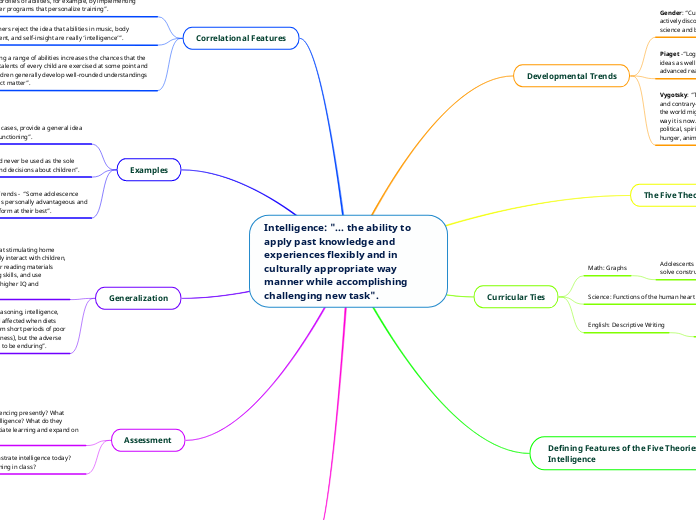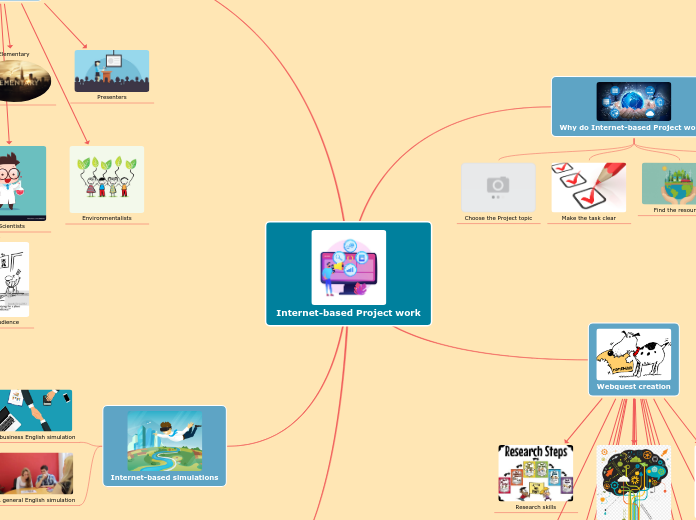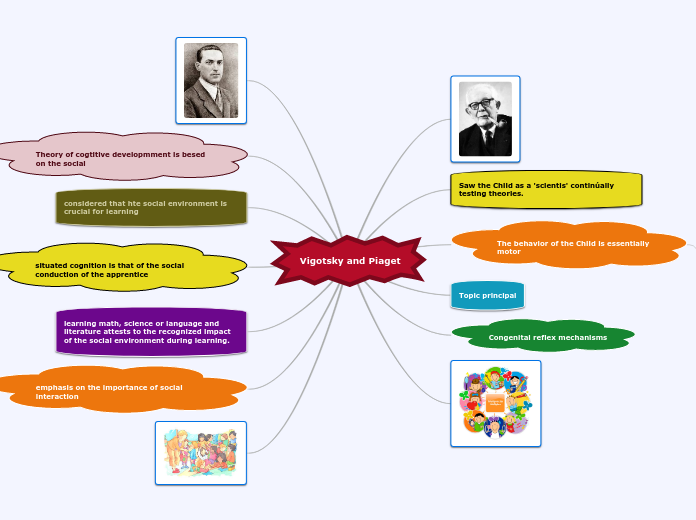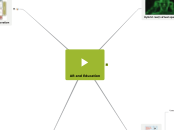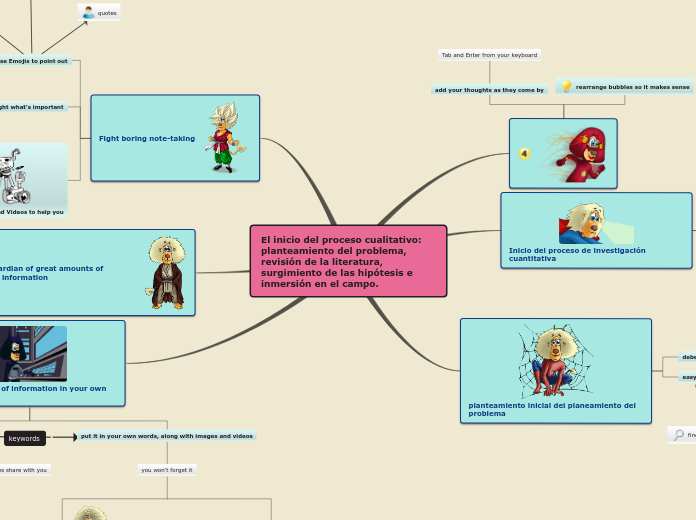jonka Jhuel Duncan 3 vuotta sitten
213
Intelligence: "... the ability to apply past knowledge and experiences flexibly and in culturally appropriate way manner while accomplishing challenging new task".
A key aspect of intelligence involves the ability to utilize past experiences and knowledge flexibly, especially in culturally appropriate ways while tackling new and challenging tasks.
